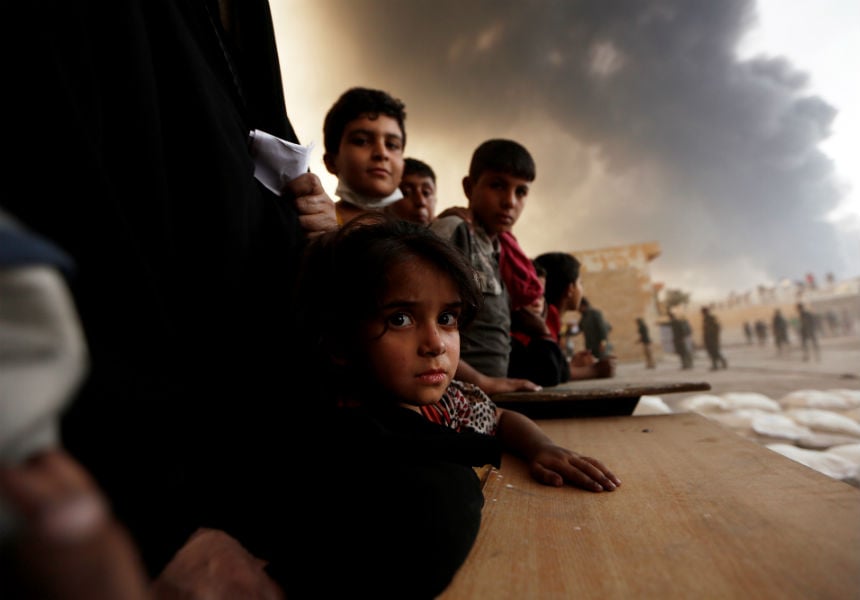Mosul has been freed. But the iraqi government's next steps are far from clear
With the fall of Mosul, the Islamic State has lost its most important operations base and the foundation for the Caliphate in Iraq and Syria. So, now what? Eurasia Group's Middle East practice head
Hani Sabra looks to the challenges that the Iraqi government will now have to confront.
____
The Iraqi government's reclamation of country's second-largest city is a milestone achievement that will force IS to continue its transition into a terrorist organization with further limited resources and capacity.
Despite this achievement, and the heavy loss of life on both sides, the Iraqi army still faces a significant challenge in liberating large areas of the country that remain under IS control. Recent reporting from Mosul of piles of hair indicate that many Iraqi IS fighters hastily shaved their beards, ditched their weapons, and disappeared into the community.
There is no agreement on a new political order for the country, and the Iraqi government knows it. Kurdish forces now control territories disputed by the central government and are aiming to organize an independence referendum that includes the oil-rich city of Kirkuk. Moreover, the Shia-dominated Popular Mobilization Units have become a formidable force that will become another arm of the Iraqi state.
And while the Islamic State pressured the Sunni community in Mosul to tamp down its disputes with the central government, as fighting dies down, Sunni political factions will compete with one another to define their roles in Iraq. New political voices will emerge in the process
But the most significant long-term challenge facing the Iraqi state will be stability. The international community is not focused on, or committed to, a comprehensive plan to support the Iraqi government. The US is still narrowly focused on the military dimension of the war on IS and appears less interested in committing resources to reconstruction and deep involvement in conflict prevention. The Iraqi government also lacks the capacity to conduct a large-scale reconstruction and stabilization effort, and a Shia-centric government will not move quickly to reward or transfer funds to Sunni areas.
Mosul is an ancient state and was long Iraq's most diverse metropolis. After three years of IS occupation and months of house-to-house bloodshed, it is free. But once the dusts settles in Mosul, the state, like the rest of the country, will have to confront challenges as daunting, if not as deadly, as life under the Islamic State.
Like what you see? Check out more of Eurasia Group's original work on Eurasia Live.

 Newly displaced people wait to receive food supplies at a processing center for displaced people In Qayyara, south of Mosul, Iraq. REUTERS/Zohra Bensemra TPX IMAGES OF THE DAY - RTX2PW36
Newly displaced people wait to receive food supplies at a processing center for displaced people In Qayyara, south of Mosul, Iraq. REUTERS/Zohra Bensemra TPX IMAGES OF THE DAY - RTX2PW36